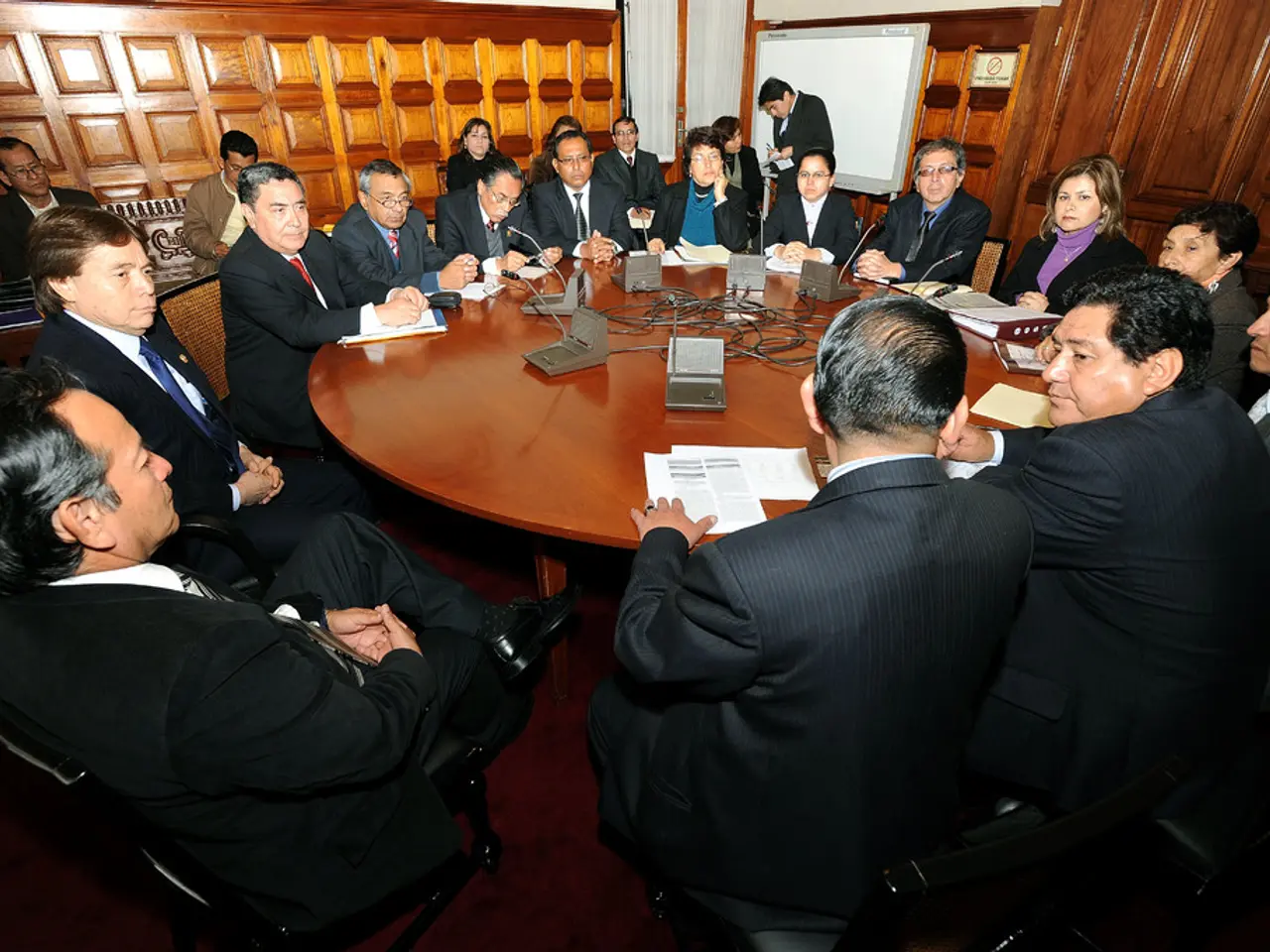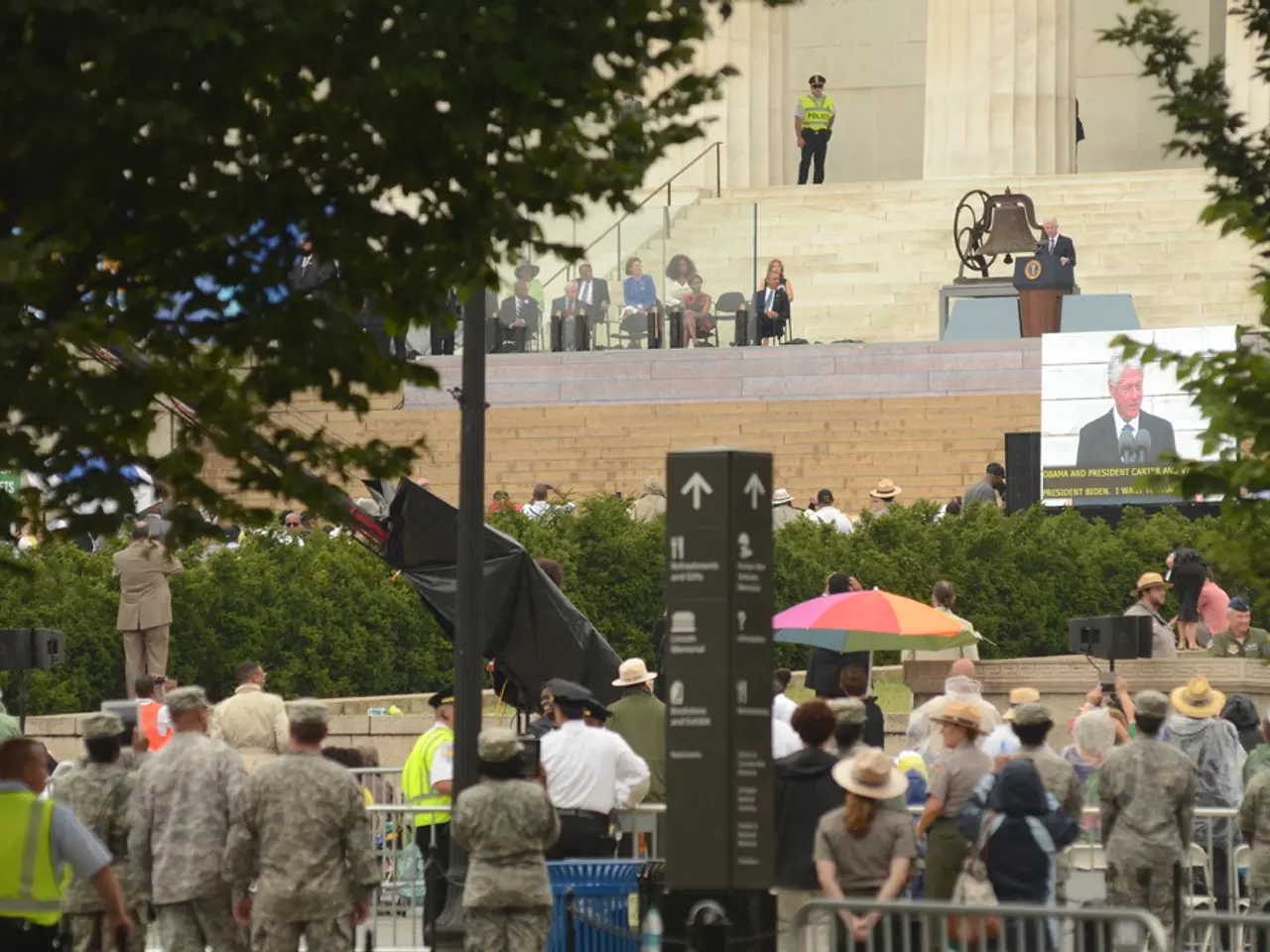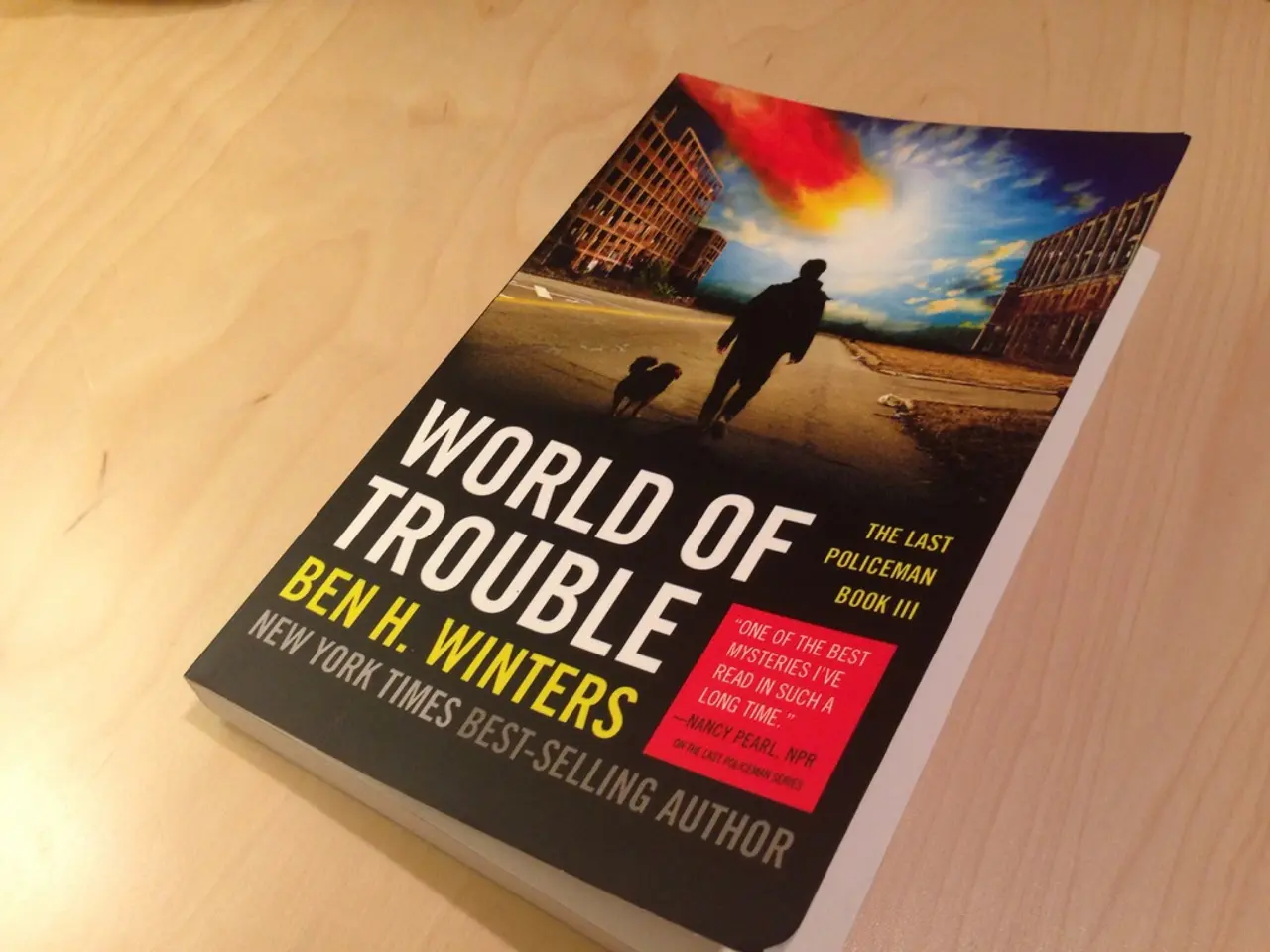Thailand's Foreign Minister affirms commitment to hosting the next JBC gathering in September
In the wake of a deadly skirmish on May 28, 2025, tensions between Thailand and Cambodia remain high, with ongoing military standoffs, closed borders, and disputed territories including the Emerald Triangle, Prasat Ta Muen Thom, Prasat Ta Muen Toch, and Prasat Ta Kwai.
Relations between the two nations have been strained for some time, with the core disputes rooted in colonial-era legacies, cultural heritage, and nationalist sentiment. In response to the escalating crisis, Cambodia petitioned the International Court of Justice (ICJ) on June 15, 2025, seeking a ruling on the sovereignty of these disputed areas. However, Thailand has refused to recognize the ICJ’s jurisdiction, making any enforcement of an ICJ decision unlikely without direct bilateral negotiation.
Border crossings remain largely closed, severely disrupting trade—which exceeded $5 billion in 2024—and impacting local livelihoods on both sides. The situation has also spilled over into domestic politics, notably contributing to the suspension of Thai Prime Minister Paetongtarn Shinawatra and heightening concerns about further political unrest in Thailand.
The Joint Boundary Commission (JBC), which operates under the framework established by the 2000 Memorandum of Understanding (MoU) between Thailand and Cambodia, has historically been tasked with demarcating the border and resolving disputes through technical dialogue and joint surveys. However, the recent escalation and Cambodia’s decision to seek international adjudication indicate a breakdown in bilateral mechanisms, at least temporarily.
Thailand has consistently argued that both nations should honour the 2000 MoU and continue using the JBC as the main mechanism for resolving all border disputes. Cambodia, on the other hand, has previously stated that it would exclude four major disputed areas from the JBC talks. Thailand's Foreign Minister, Maris, has also stated that Thailand would refrain from using social media to respond to Cambodia's criticisms or claims, and would instead address such matters through official diplomatic channels.
The lack of progress in resolving the border disputes highlights the deep mutual distrust that continues to hinder cooperation, even on technical issues that the JBC was designed to address. A sustainable solution will require both sides to de-escalate and return to technical and diplomatic dialogue, but there is no sign of this in the immediate term.
| Aspect | Current Status (as of July 2025) | JBC Role | |-----------------------|---------------------------------------------------------------|-----------------------------------| | Military Situation | Tense standoff, reinforced troops, closed borders | Unclear/inactive | | Diplomatic Process | Cambodia seeks ICJ ruling; Thailand rejects jurisdiction | Bilateral talks stalled | | Economic Impact | Border trade halted, local livelihoods damaged | No current involvement reported | | Political Effects | Thai PM suspended, domestic unrest; Cambodian workers urged home | Not addressed in recent coverage |
The current border crisis between Thailand and Cambodia underscores the need for renewed diplomatic efforts and a return to technical dialogue to find a lasting resolution.
- The escalating border crisis between Thailand and Cambodia has sparked international interest, as the disagreement over disputed territories, rooted in cultural heritage and colonial-era legacies, has expanded to include the realm of policy-and-legislation, with Cambodia seeking a ruling from the International Court of Justice (ICJ).
- The ongoing tension between the two nations has also impacted general news and domestic politics, specifically contributing to the suspension of Thai Prime Minister Paetongtarn Shinawatra and heightening concerns about further political unrest in Thailand.
- Despite heightened international tensions and political instability, both Thailand and Cambodia are called upon to de-escalate, return to technical and diplomatic dialogue, and honor the 2000 Memorandum of Understanding (MoU) established between them, which designates the Joint Boundary Commission (JBC) as the main mechanism for resolving disputed border areas.




